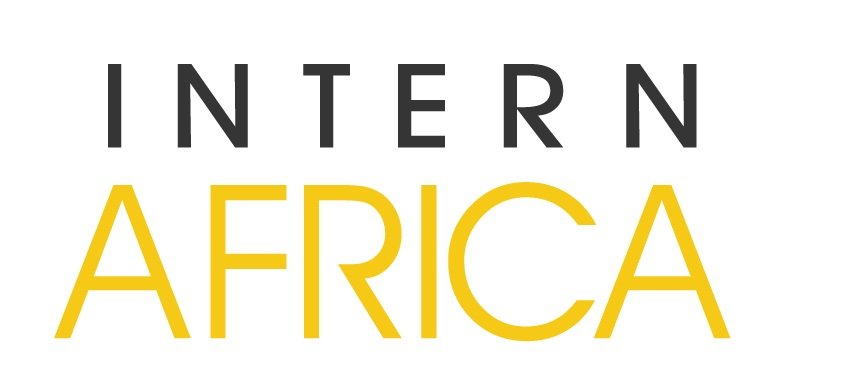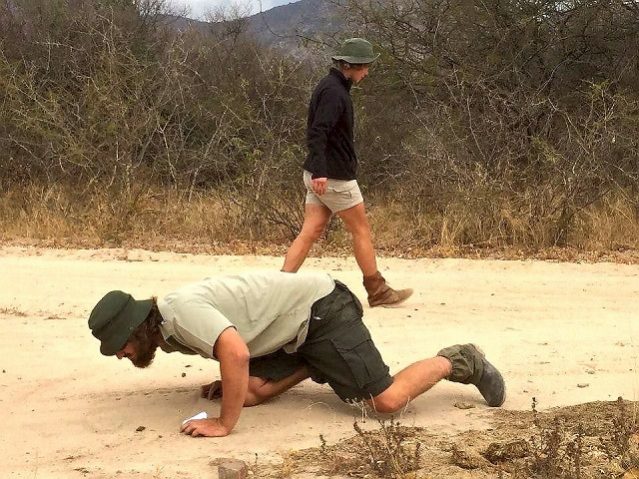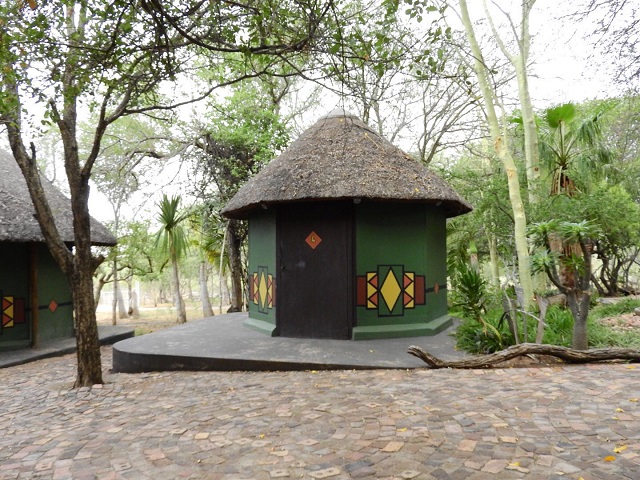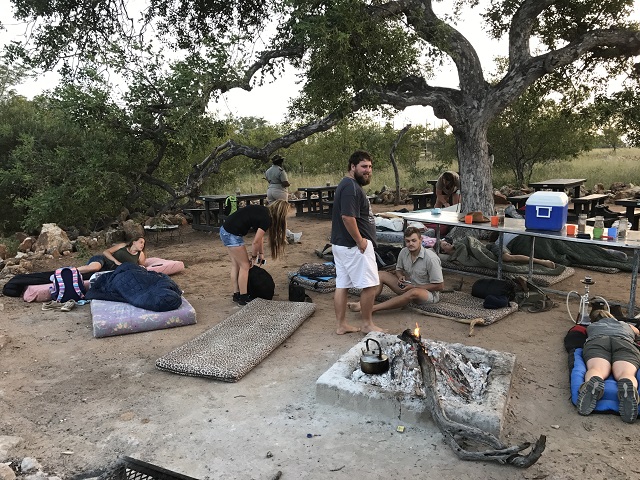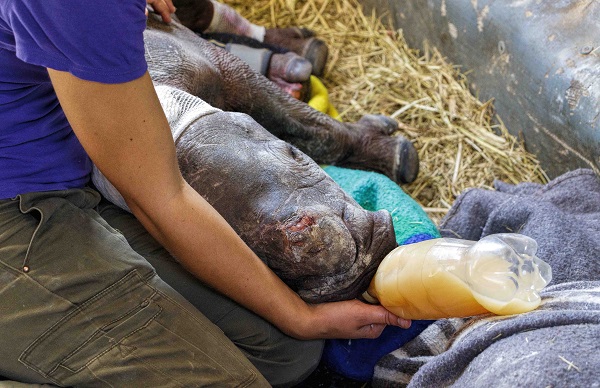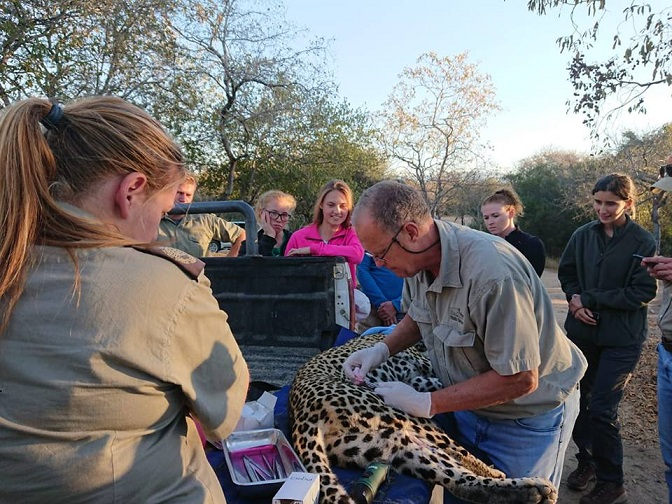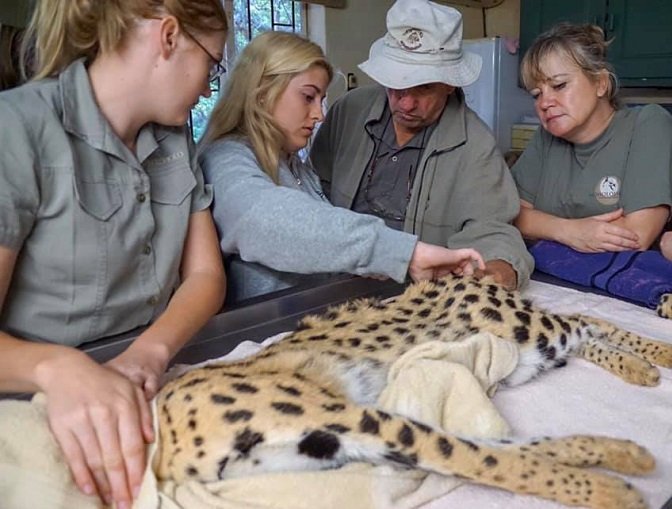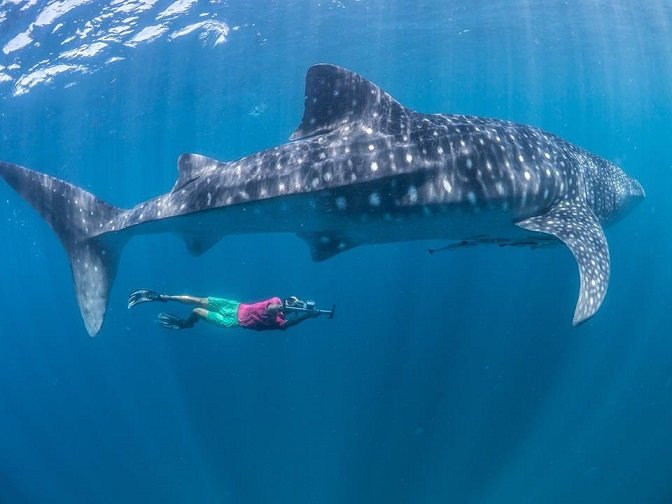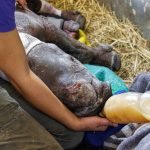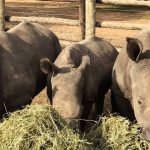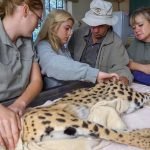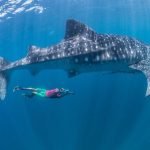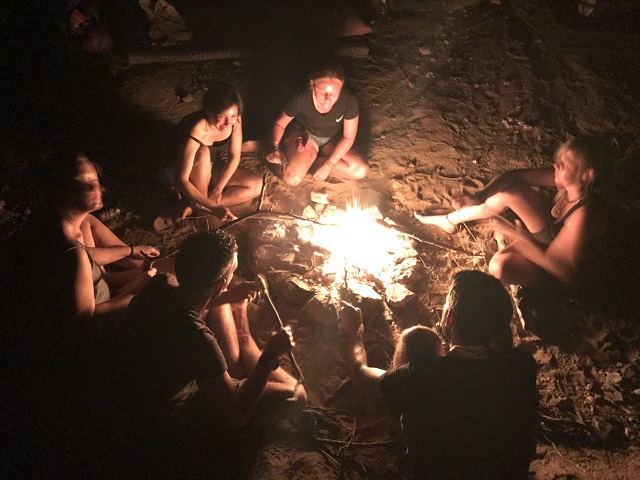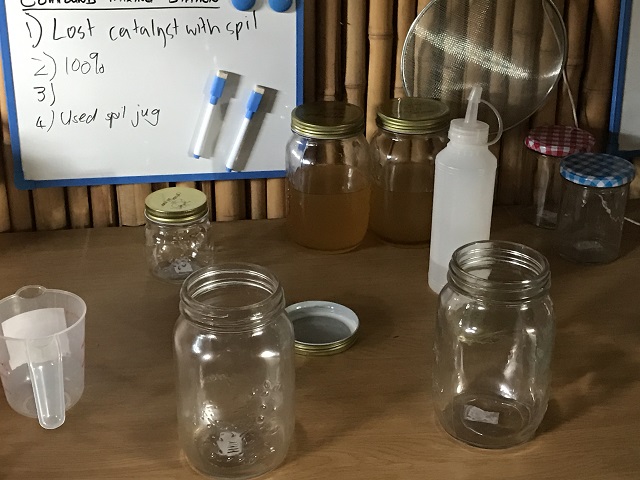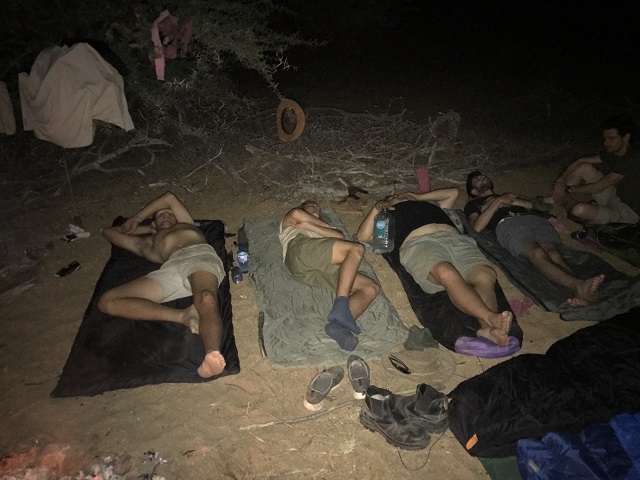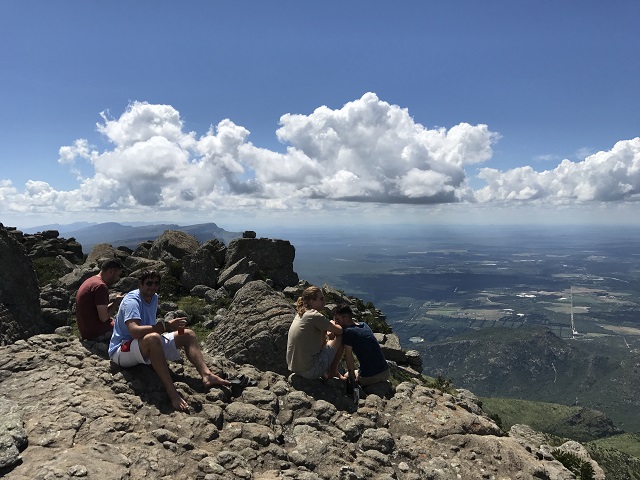Conservation Research Program South Africa
This varied and exciting conservation project offers interns an opportunity to become involved in conservation matters within the Greater Kruger Park area, whilst also enjoying the African Big 5 Experience!
You will be based in a bush camp with other volunteers, interns and staff members. During your stay you will get the opportunity to perform research that not only contributes to rural community upliftment and innovative solutions to a sustainable tourism industry BUT also in your personal life!
It’s a registered Non-Profit Organization and established accredited training facility since 2007 through FGASA (Field Guiding Association of Southern Africa) & CATHSSETA (The Culture, Art, Tourism, Hospitality, and Sport Sector Education and Training Authority). They are a research testing center since 1999 and situated within a Big 5 nature reserve as part of the Greater Kruger National Park
The training and research takes place under supervision of qualified nature guides, one of whom has a BSc degree in Zoology & Botan. You will be involved in field work which will put you in contact with wildlife and the environment directly and have access to the free-roaming wildlife on bush walks and game drives.
You will be based in a bush camp with other volunteers, interns and staff members. During your stay you will get the opportunity to perform research that not only contributes to rural community upliftment and innovative solutions to a sustainable tourism industry BUT also in your personal life!
It’s a registered Non-Profit Organization and established accredited training facility since 2007 through FGASA (Field Guiding Association of Southern Africa) & CATHSSETA (The Culture, Art, Tourism, Hospitality, and Sport Sector Education and Training Authority). They are a research testing center since 1999 and situated within a Big 5 nature reserve as part of the Greater Kruger National Park
The training and research takes place under supervision of qualified nature guides, one of whom has a BSc degree in Zoology & Botan. You will be involved in field work which will put you in contact with wildlife and the environment directly and have access to the free-roaming wildlife on bush walks and game drives.
- Age: min. 18 max. 40
- Location: Balule game reserve near Hoedspruit
- Requirements: 18 years, good physical fitness, flexible
- Group size: max 20 participants
- Project duration: recommended 8 - 12 weeks
- Laundry: Included
- WIFI: Free of charge
- Linen/towels: Linen and towels provided.
L
R
W
N
I
W
W
A typical day (Monday – Friday):
05:30 – 06:00 Wake-up, coffee/tea
06:00 – 07:30 Bush walk or game drive with a qualified nature guide
07:30 – 08:00 Breakfast
08:00 – 12:00 Research
12:00 – 14:00 Lunch and off time
14:00 – 17:00 Research
17:00 – 19:00 Bush walk or game drive
19:00 – 22:00 Dinner, leisure, games, movies etc.
22:00 Quiet time
C
P
Location
They are based in Balule Game Reserve near HoedspruitR
Requirements
The minimum age is 18 years old. Studying towards a related degree is recommended.W
Why choose the program?
- Registered Non-Profit Organisation
- Established accredited training facility since 2007 through FGASA (Field Guiding Association
- of Southern Africa) & CATHSSETA (The Culture, Art, Tourism, Hospitality, and Sport Sector Education and Training Authority)
- Research testing center since 1999
- Situated within a Big 5 nature reserve as part of the Greater Kruger National Park
- Training and research takes place under supervision of qualified nature guides
- Internship research supervised by a supervisor with a BSc degree in Zoology & Botan
- Comfortable accommodation with all facilities available to students
- All students have access to the free-roaming wildlife on bush walks and game drives
- You will be involved in field work which will put you in contact with wildlife and the environment directly.
N
Need for research
Balule Nature Reserve covers 40 000 hectares of privately owned land within the Greater Kruger National Park. The park consists of 9 regions with 18 commercial lodges and 43 landowners. Thorough research and data we have identified five fields in need of research:- Sustainable food production and alternative cooking methods. Estimated food waste is 1987kg per lodge per year, a total of 35 766 kg (excluding landowners household food waste)
- Renewable energy: Estimated 2 619 680kWh electricity usage for 18 lodges in the area for 2015
- Recycling: Recyclable materials burned during 2015 measured 32 tons (excluding private incinerators)
- Biofuel and Biodiesel: Estimated 52 four-wheel drive game viewing vehicles and 184 vehicles in total excluding contractors). Estimated carbon emissions of 940 metric tons per year (excluding personal and contractor vehicles). Estimated fuel consumption of 98 500 liters per year
- Water recycling and management: Estimated grey water waste of 243 000 liters per year for the area
I
Implementation of sustainable product
- Unsustainable tourism practices undermine the purpose of what we perceive nature to be. Research solutions will make a difference to a sustainable future for humans and wildlife alike
- Rural communities NEED solutions that are practical at low to zero cost! Research solutions inspire new solutions to eradicate this problem. What works for Europe does not always work in Africa!
- The organization intends to implement sustainable solutions to these two sectors.
W
What is offered?
- Research that not only contributes to rural community upliftment and innovative solutions to a sustainable tourism industry BUT also in the student’s personal life
- Participation of mentors, supervisors and lecturers at the testing sites
- Collaboration between international and local students and volunteers
- 35-hour work week from Monday to Friday
- Accommodation and facilities
- Laundry
- Social outings and excursions (optional)
- 24 hour uncapped Wi-Fi
- All facilities available to the volunteers i.e. swimming pool, barbeque area, lookout tower, bush hides for sleep-outs etc.
- Lectures: , Ecology & Geology, Astronomy, Weather & Climate, Taxonomy, Mammals, birds, reptiles, arthropods, fish & amphibians, Animal behavior, Biomes of Southern Africa, Botany & Grasses, Conservation management, Historical human habitation, Bushwalks and game drives on week days with weekends optional
W
What will your day look like
Interns are the foundation of all the projects in progress. You will have a 35 hour work week from Monday to Friday and leisure time over weekends. Leisure time can be spending on social interactions with other projects, optional excursions such as visiting the Kruger National Park or spending quality time in nature.A typical day (Monday – Friday):
05:30 – 06:00 Wake-up, coffee/tea
06:00 – 07:30 Bush walk or game drive with a qualified nature guide
07:30 – 08:00 Breakfast
08:00 – 12:00 Research
12:00 – 14:00 Lunch and off time
14:00 – 17:00 Research
17:00 – 19:00 Bush walk or game drive
19:00 – 22:00 Dinner, leisure, games, movies etc.
22:00 Quiet time
C
Current projects
-
Sustainable food production Aquaponics ecosystem.
Testing phase completed. Building and implementation of production phase starting May/June 2018. Monitoring of water quality, fish health and crop status, insects and crops. New research project starting June 2018 in co-operation with HAS Hoogeschool, The Netherlands. Project will look at solutions towards solving the problem with insects and rural crops by introducing key vegetation types. -
Game Farm Management
Erosion and road restoration. Eradication of alien plant species. Wildlife monitoring
New research project starting June 2018 in co-operation with HAS Hoogeschool, The Netherlands
Project will look at solutions towards solving the problem with insects and rural crops by introducing key vegetation types
-
Recycling
Compost production from food waste
Building stage of compost plant
Monitoring of compost production
Plastic and glass waste reuse
Intern from HAS Hoogeschool, The Netherlands
- Water recycling and management
Grey water recycling system in conjunction with UCT university Chemical Engineer internship
Testing phase -
Biofuel / Biodiesel solutions
Testing phase completed. Testing phase completed
Implementation of production phase starting May/June 2018
Waste products from making biodiesel used to make soap, bio-plastic and recycled wash-water
Extraction of potassium hydroxide from hardwood (used in production of biodiesel) - Community work
Nourish – Assistance with local community projects to improve and educate the local
Community - Halo – Assisting a team with education and medical / nutritional care of domesticated animals at a rural community
Bush Babies – Assisting an environmental education and awareness project at rural schools
P
Proposed projects 2018
- Sustainable food production:micro agriculture and bio-intensive farming
- Alternative cooking methods; rural communities
Dates
Start date is very flexible, contact us for availability
Rates
Rates includes
Rates excludes
Start date is very flexible, contact us for availability
Rates
| Duration | 2018 (applicable from May)/2019 Fee |
|---|---|
| 8 weeks | 3000 USD |
| 12 weeks | 4400 USD |
- Accommodation sharing in rondawels (max. 4 - 6 people)
- All facilities such as bush hides, barbeque area, lookout tower, kitchen, lecture room etc.
- Trips to town for supplies
- Coffee and tea
- Research supervision
- Research assistance
- Lectures
- Bushwalks and game drives
- Volunteers to assist you with areas such as construction, data capture, ideas, etc.
- Uncapped Wi-Fi
- Pickup and drop-off at Hoedspruit or East Gate Airport on arrival and departure
- Laundry
- Intern Africa will assist you in finding a suitable flight, apply for a possible visa, provide information on travel insurance, immunizations, travel to Hoedspruit and other required details.
Rates excludes
- Travel to Hoedspruit
- Food (meal plan available at 10 USD per day for 3 meals)
- Transport not related to the research project
- Personal items
- Social events
- Excursions
- Research equipment such as microscope, water testing equipment, etc
- Travel and Medical insurance
Click here to sign up.
